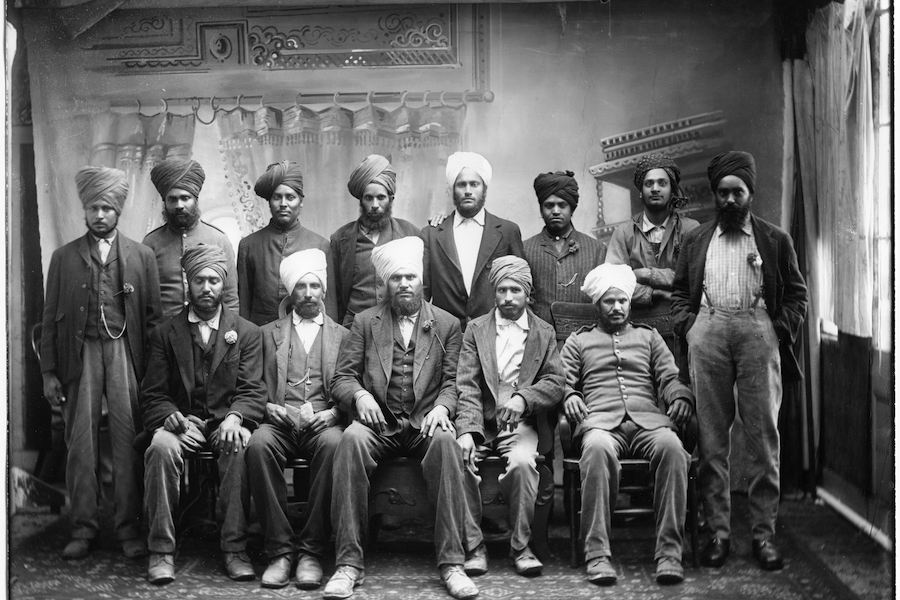
A new digital archive commemorates Punjabi impact on American history, society
The accomplishments of Punjabi Americans, who have made tremendous contributions in all aspects of American society, will now be recognized in a digital archive thanks to UC Davis’ Middle Eastern/South Asian (ME/SA) Studies Program and the Punjabi American Heritage Society.
The archive chronicles the history of Punjabi Americans, from their first arrivals at Angel Island to more recent struggles against discrimination.
“It is important to save and share the rich history of the South Asian pioneers in California […] it is a vital part of California history that is virtually unknown,” said Nicole Ranganath, a lecturer in the UC Davis Middle East/South Asia Studies Program, in a UC Davis news article.
UC Davis is a fitting place to house the archive, considering its close proximity to Yuba City, which is where many Punjabi immigrants first made their living in the agriculture industry.
Puneet Deol, a third-year managerial economics major, contributed to the development of the archive and believes the archive is important to the Punjabi community at UC Davis.
“We, [Punjabi Americans], have never been acknowledged in textbooks or history classes or anywhere really, but this [the archive] gives us a chance to present the impact we have made and are still making,” Deol said.
Deol explained that the first immigrants came to California by way of Hong Kong as farmers. One figure in particular, Didar Singh Bains, is renowned in the Sacramento Area as being one of the largest peach farmers in the world. Bains’ success, as well as the success of many other Punjabi farmers, has greatly impacted the agriculture industry in California’s Central Valley.
Today, many Punjabi Americans are making strides in engineering, technology and medicine. The archive presents physicians, like Jasbir Singh Kang and Harban Sekhon, who have dedicated their lives to medicine and championing for rights concerning Punjabi Americans.
Harjot Gill, a second-year neurobiology, physiology and behavior major, has a family with a long history in medicine.
“Back in India, my grandfather was a doctor and my parents are also both in the health field […] I think many [Punjabi] families have these histories that they want to maintain […] that’s part of the reason why I want to do something in medicine,” Gill said.
The archive not only draws attention to the history of Punjabi Americans but also brings awareness to the issues many of them face. After 9/11 and in the wake of recent terror attacks around the world, many Punjabi Sikhs bear the brunt of racist attacks. Sikhism is one of the most prominent religions amongst Punjabis; followers wear turbans and do not cut their hair.
“This often leads to hate being targeted at them solely because of their appearance […] even though Punjabis have a long history in America, their culture is still widely unknown and misunderstood,” Deol said.
To learn more about the impact of Punjabi Americans through UC Davis’ digital archive, visit pioneeringpunjabis.ucdavis.edu.
Written by: Krishan Mithal — arts@theaggie.org



